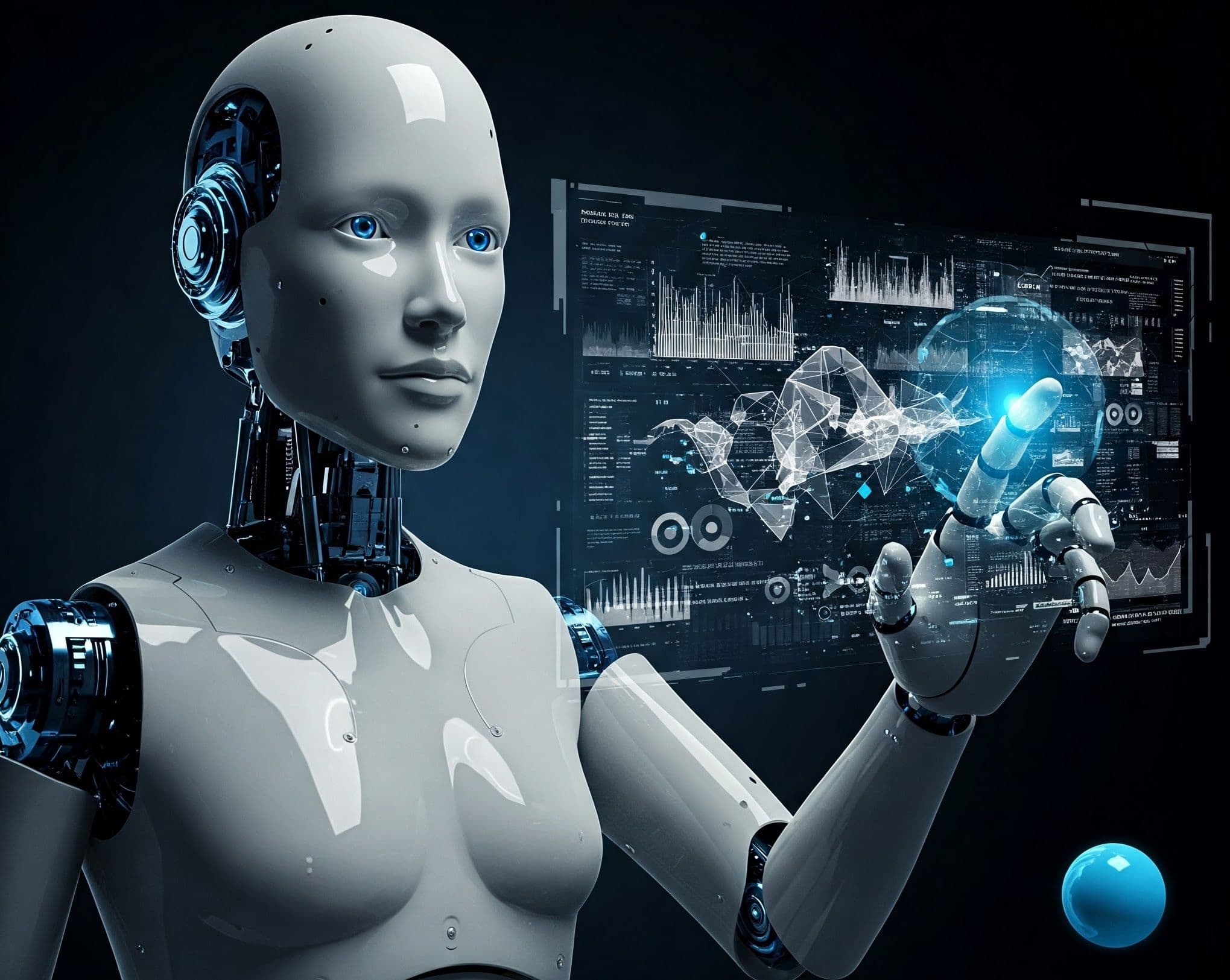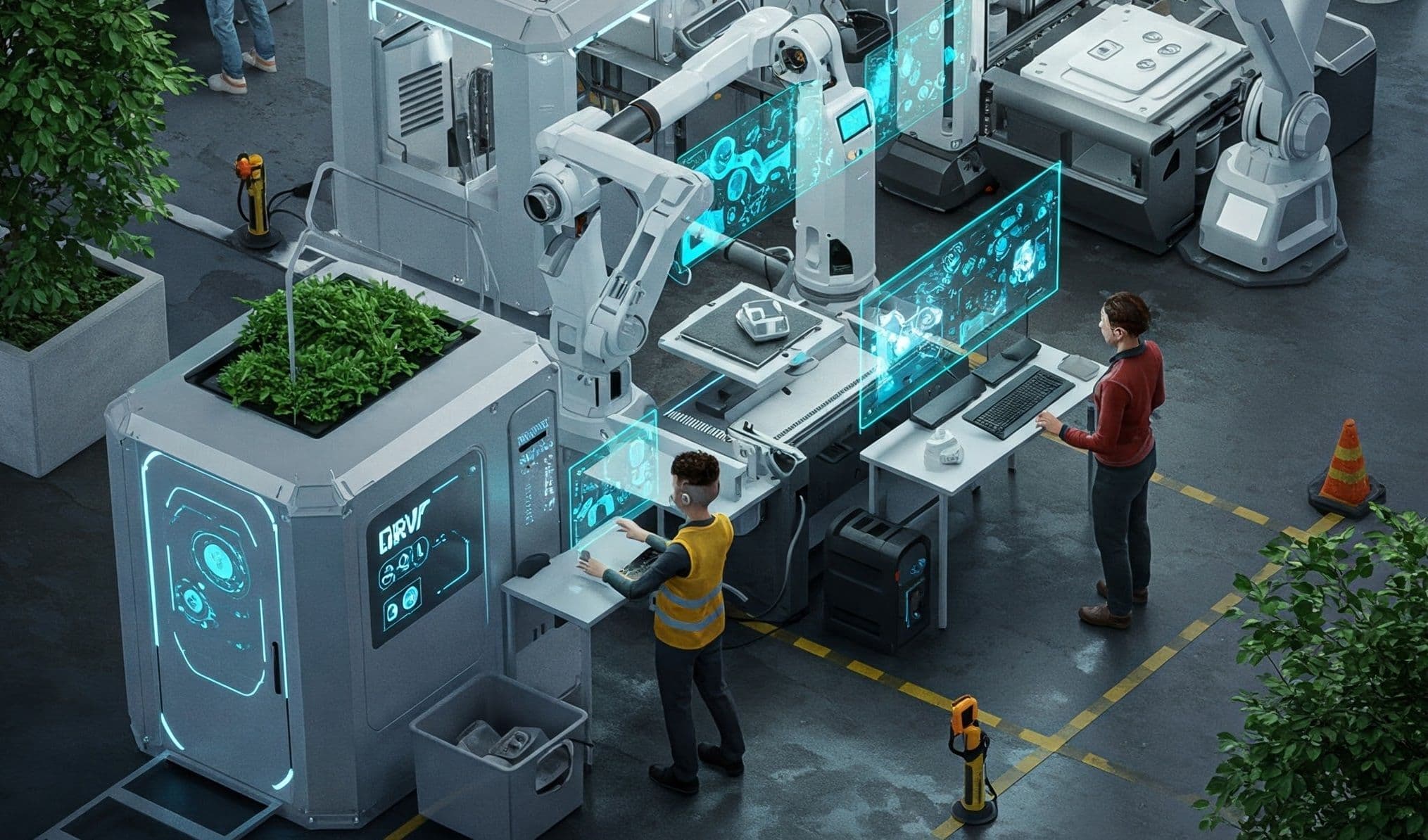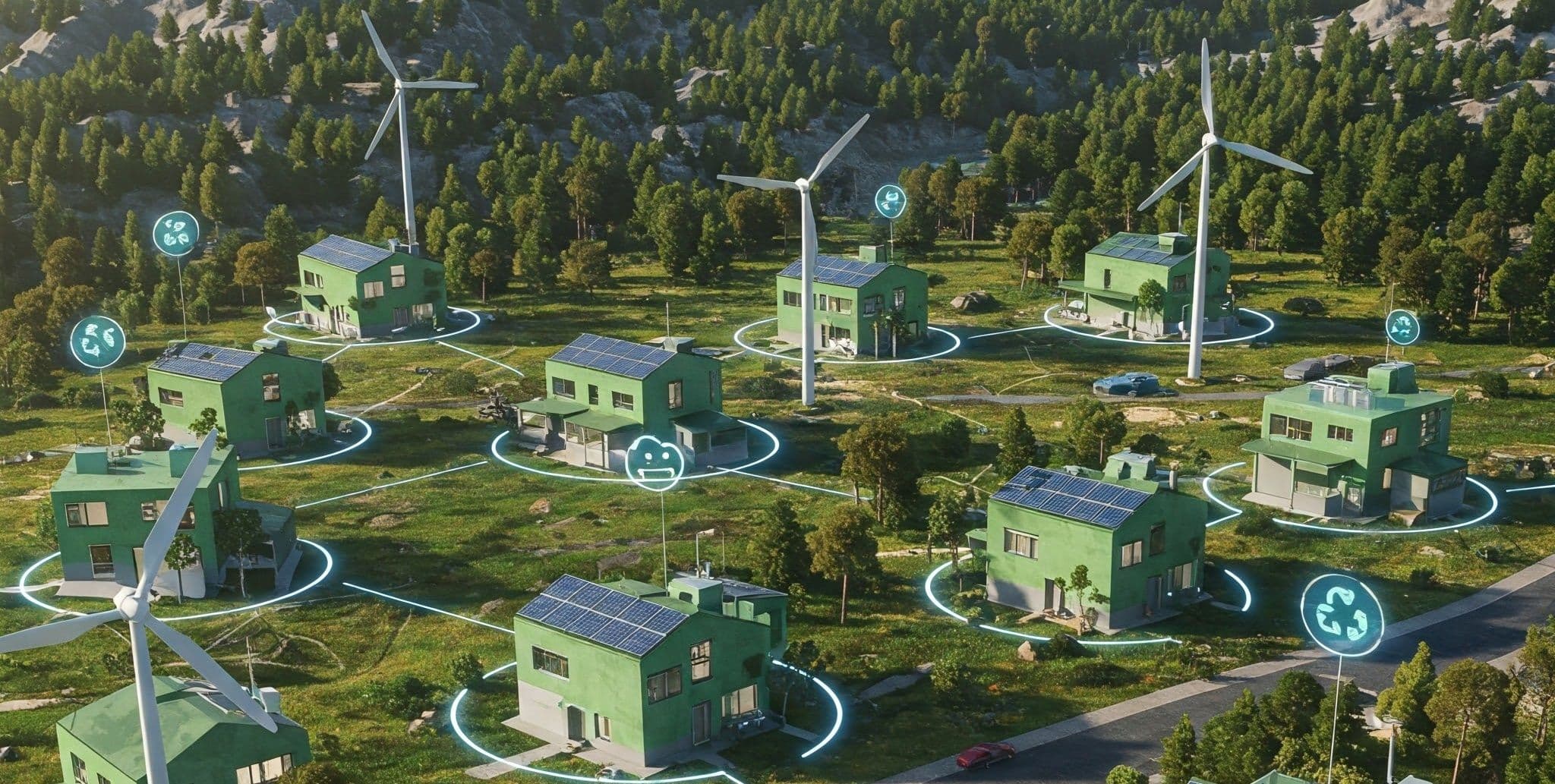
Agentic AI: Evolution in its Purest Form
This technology is reshaping the future of automation, enabling systems to make independent decisions, anticipate needs, and adapt without human intervention. From finance and healthcare to smart cities and logistics, Agencia AI is already transforming industries.Artificial intelligence has evolved beyond being merely a tool for automation; it has become something far more sophisticated—systems that not only respond to commands but also make independent decisions.
This is where Agentic AI comes into play: a new generation of artificial intelligence designed to act autonomously, anticipate needs, and adapt to its environment without constant human intervention.
Imagine a virtual assistant that doesn’t just schedule meetings when asked but analyses your workload, suggests diary adjustments, and even negotiates timings with other assistants automatically. Or a business management system that doesn’t wait for you to review reports but instead detects patterns in real time and takes proactive measures to optimise resources before problems arise.
Unlike traditional AI, which operates under predefined commands, Agentic AI perceives, reasons, and acts with a high degree of autonomy. This makes it a cornerstone of the future of automation across sectors such as healthcare, finance, industry, and cybersecurity.
This cutting-edge technology is already making significant strides within organisations. According to a recent global survey conducted by Deloitte, 52% of companies have shown strong interest in Agentic AI, while 26% of respondents indicated that their organisation has already begun exploring the development of autonomous AI agents.
Meanwhile, a study by Market.us suggests that the Agentic AI market will reach £37.5 billion by 2034, with an annual growth rate of 41.8%.
Not Just Assisting, But Deciding
Agentic AI is being deployed in a variety of applications that are transforming the world.
In the financial sector, for instance, AI agents analyse market data in real time and execute transactions without human intervention, optimising investments and minimising risks.
In infrastructure management, smart cities are implementing systems that regulate traffic, adjust energy consumption, and manage emergencies proactively.
Similarly, in education, automated learning platforms personalise content based on each student’s performance and learning style, maximising knowledge retention and pedagogical efficiency.
Autonomous vehicles, developed by companies such as Tesla and Waymo, navigate traffic, detect pedestrians, and determine optimal routes without human input, enhancing road safety while reducing congestion and carbon emissions.
In customer service, virtual assistants resolve issues and make decisions autonomously, improving efficiency and customer satisfaction.
In medicine, surgical robots such as Da Vinci, Versius, and Hugo enable surgeons to perform complex procedures with millimetre precision, automatically adjusting their movements in response to patient dynamics. This reduces human error and improves surgical outcomes.
In logistics and supply chain management, Agentic AI optimises inventory control and product distribution. For example, Amazon warehouses employ autonomous robots to move products efficiently.
Companies like DJI are developing autonomous drones for package delivery, surveillance, and data collection in remote areas. These drones can fly independently, avoid obstacles, and deliver payloads with pinpoint accuracy.
Furthermore, Google, through its Deep Research project, is exploring the use of Agentic AI to analyse vast volumes of scientific data, identify patterns, and accelerate innovation across multiple fields.
The AI of the Future is Already Here
The development of Agentic AI is advancing rapidly and promises to redefine human-machine interaction in the coming years. A key trend is the integration of these systems into collaborative work ecosystems, where autonomous agents interact with both humans and other AI systems to optimise real-time decision-making.
Moreover, convergence with emerging technologies such as the Internet of Things (IoT) and quantum computing could further enhance its predictive and processing capabilities.
At the same time, regulating Agentic AI will be a crucial challenge. As these systems gain autonomy, ethical and legal frameworks must evolve to ensure responsible use and prevent risks such as biased decision-making or a lack of transparency in algorithms.
Agentic AI represents a paradigm shift in artificial intelligence, enabling more autonomous, adaptive, and efficient systems. Its applications in key sectors are already demonstrating its impact, yet its development also presents ethical and regulatory challenges that must be addressed.
As we move towards a future where Agentic AI becomes an integral part of everyday life, the key will be finding the right balance between technological autonomy and human oversight.
The Agentic AI revolution is not a distant possibility but an unfolding reality that will redefine how we interact with technology.




